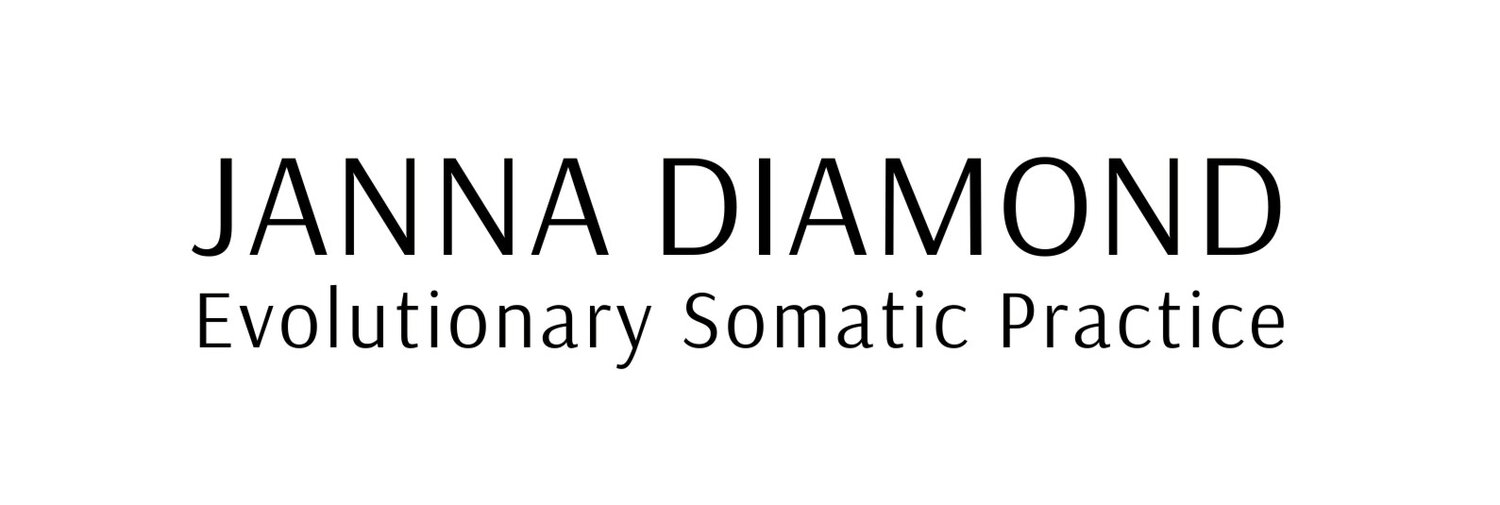Have you ever witnessed microaggressions while in a community meeting and not known what to do, or wished you had done something different?
Microaggressions - commonplace daily verbal, behavioral or environmental indignities, whether intended or unintended, that communicate hostile, derogatory, or negative slights and insults towards members of oppressed groups - happen all the time in community meetings.
The micro in microaggressions refers to the scale at which they happen (as in not macro/structural), and does not in any way refer to the magnitude of the impact of them. Microaggressions hurt deeply, and their cumulative impact when experienced repeatedly and or in rapid succession can be debilitating. Allowing them to play out unaddressed greatly detracts from the safety and vitality of group spaces. Building capacity to address these hurts as they arise contributes to healthier and more robust community spaces.
Join Aravinda Ananda and Janna Diamond for this bystander intervention training to help grow your knowledge, skills, and capacity to speak up and address microaggressions as they happen.
Aravinda Ananda, who is a Watertown resident, pulled together the best microaggression intervention strategies from four different training programs to offer this tailored program that will focus on microaggressions that may happen in a public meeting such as a Watertown City Council committee meeting, or in a community member group. She is grateful to be working with Janna Diamond, a somatic practitioner based in Georgia, to deepen the microaggression intervention strategies to go beyond just cognitive learning, to address some of the blockages to behavioral change.
During our time together we will work with specific examples and explore ways to respond and intervene when microaggressions happen. This training has three components: first we will explore microaggressions, their impact, and approaches for intervening when they happen; next, because knowledge alone does not always yield behavioral change, we will look at some of our internal conditioning and nervous system responses; we will conclude with opportunities to practice interventions through role-plays.
Please plan to attend the entirety of the March 1st and 8th sessions live as it will not be recorded and content will build on what preceded it.
The session on March 15th will be an optional time to practice more roleplays.
